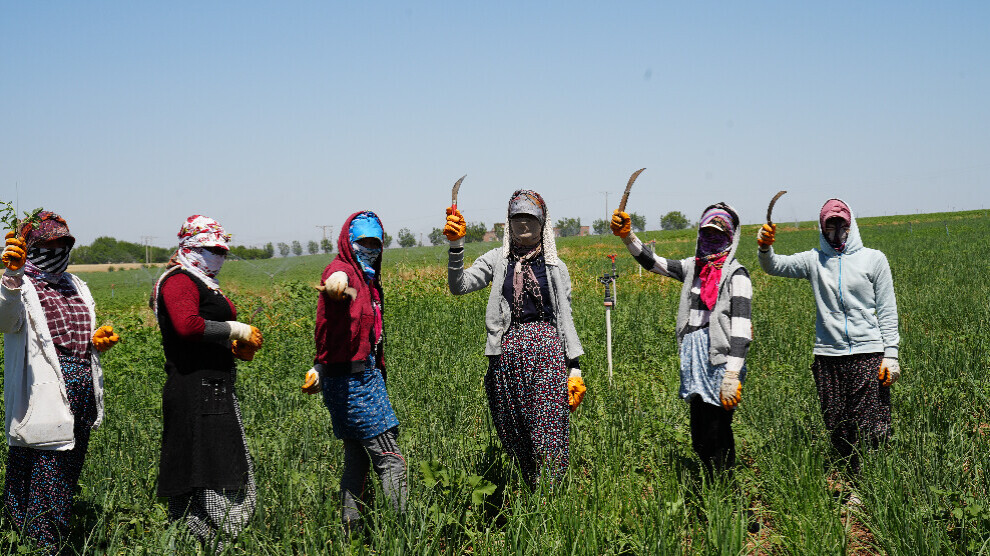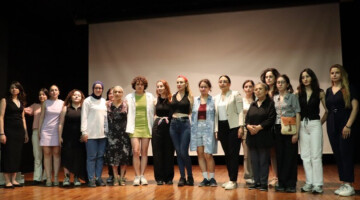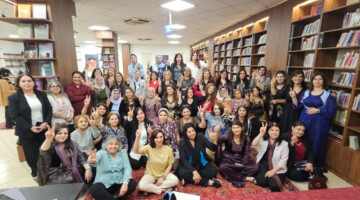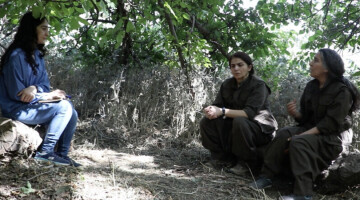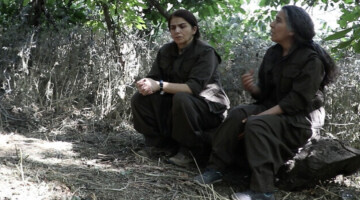As inflation rates in Turkey continue to rise, recent data shows that the hunger threshold has increased to 26,000 liras, while the poverty line has reached 75,000 liras. Alongside high youth unemployment, the overall unemployment rate has also risen, and millions of people work in unregistered and precarious conditions, excluded from official statistics.
One of these groups is agricultural workers who toil outdoors during the summer months when temperatures reach 45 degrees. From young children to mothers with children, many people work in these fields, usually for about three months. In addition to seasonal agricultural labor, women work ten hours daily in the fields near their hometowns but still cannot earn a decent livelihood.
Struggling with illness and exhaustion due to the intense heat, women often long for even a sip of cold water for hours.
In Amed (Diyarbakır), one of the districts where agricultural workers are most heavily employed is Xana Axpar (Çınar). During the summer, local people plant cotton, corn, or melons, relying on manual labor for all stages of production. From hoeing to harvesting, teams of women work in the fields, receiving a daily wage of 900 TL; however, part of this money is deducted by intermediaries known as “çavuş.”
Some women work to buy formula for their babies, others to purchase schoolbooks, but all say the money they earn is not enough for any of their needs and criticize the economic crisis.
Women working in onion fields in Xana Axpar shared their difficulties and demands with our agency. From 14-year-old children to 50-year-old mothers of four, everyone we spoke to said they had no choice but to work under inhumane conditions to avoid hunger.
These harsh conditions, which clash with their dreams for the future, once again highlight the region’s social and economic problems.
From university to the fields
Merve Alar, 24, says she started working in the fields again after graduating from university and failing to find a job.
“I used to work in the fields before. I went to university to get an education and have a profession. For two years, I both worked and studied. But after graduating, I couldn’t find a job. As a last resort, I returned to this work,” Merve Alar says, adding that she hopes to buy study books for the KPSS civil service exam with her daily earnings.
Merve Alar explains that they wake up at 3 a.m. and start work at 5 a.m.:
“We only take three breaks throughout the day. When I get home in the evening, I’m so exhausted that I fall asleep without even eating dinner.”
She states that while their daily wage is 900 TL, 70 TL of this goes to the “çavuş,” and that payments being made at the end of the year makes life even harder.
“Unfortunately, there is no other employment option in the district. The only choice is the fields. Especially for women and students, support is essential,” she adds.

